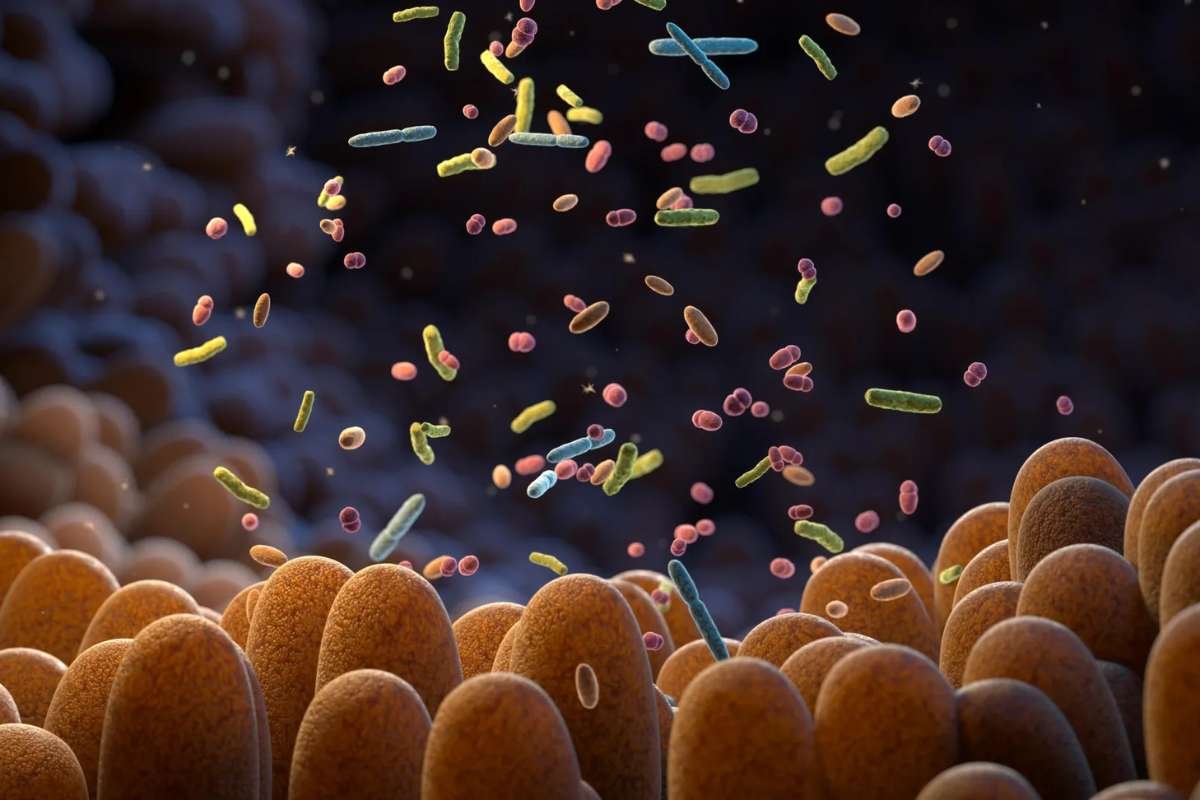A new UK-based clinical trial has revealed that people lose twice as much weight on a diet of Minimally Processed Meals compared to a nutritionally balanced ultraprocessed one, even when calorie intake is not restricted. Published in Nature Medicine on August 5, the study challenges assumptions about the health potential of “better-for-you” ultraprocessed foods and emphasizes the importance of food preparation and structure in effective weight loss.
Largest Clinical Trial on Food Processing to Date
The study, led by researchers at University College London and the US National Institutes of Health, involved 55 overweight adults in the UK. Participants alternated between two eight-week diets, one composed of Minimally Processed Meals, such as home-cooked meals, and another made up of ultraprocessed items tailored to meet official dietary guidelines.
Despite both diets being nutritionally similar in calories, sugar, salt, fiber, and fat content, participants lost significantly more weight on the Minimally Processed Meals plan. Individuals shed 2% of their body weight on this diet, compared to just 1% on the ultraprocessed alternative.
Researchers noted that this was achieved without calorie restrictions. Participants were allowed to eat freely from the provided meals, highlighting how processing, not just nutritional content, can influence energy intake and weight outcomes.
Ultraprocessed Doesn’t Mean Unhealthy, But It Still Matters
Scientists deliberately designed a “healthy” ultraprocessed menu to test the impact of food processing alone, including items like protein bars, packaged yogurts, and ready-to-eat plant-based meals. These meals complied with the UK’s Eatwell Guide, a government framework for balanced nutrition.
Nevertheless, even these well-formulated ultraprocessed options did not result in the same weight loss as their Minimally Processed Meals counterparts. On average, those eating minimally processed meals consumed nearly 290 fewer calories per day, versus just 120 fewer calories among those on the ultraprocessed plan.
Interestingly, the ultraprocessed group also experienced a small drop in LDL (bad) cholesterol, an unexpected outcome that researchers say needs further investigation. Other cardiovascular markers remained largely unchanged across both diets.
Implications for Public Health and Future Research
The study adds to growing evidence that ultraprocessed foods, regardless of nutritional makeup, may inherently promote overeating or disrupt metabolism. In the UK, less than 1% of the population follows all government dietary guidelines. In the US, nearly 60% of daily calories come from ultraprocessed sources.
Experts say that while not all ultraprocessed foods are equally harmful, the findings support prioritizing whole or Minimally Processed Meals whenever possible.
“The takeaway isn’t to fear all processing,” said Dr. Kevin Hall, a coauthor and NIH researcher. “It’s to choose foods with lower calorie density, fewer additives, and higher fiber, even if convenience is a priority.”
Further studies are underway, including Hall’s ongoing work at the NIH, which is testing how different configurations of ultraprocessed foods affect weight and metabolism over time.
The study underscores a critical but often overlooked factor in nutrition: food processing itself. While nutritional labels are important, this research suggests that how food is made and not just what’s in it can significantly impact long-term health and weight management.







